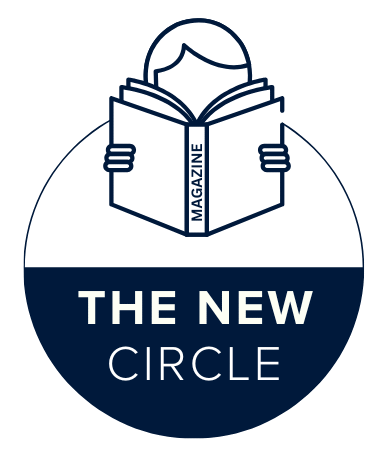In a world where every click, purchase, and login leaves a digital footprint, privacy has become one of the most valuable—and vulnerable—currencies. What was once considered harmless online activity is now at the center of significant legal and ethical battles. From leaked personal data to invasive marketing tactics, companies across industries are facing an unprecedented wave of lawsuits for mishandling user information. These data privacy cases are not just holding corporations accountable—they’re redefining what it means to be secure in the digital age.
The Rise of Data Privacy Litigation
Over the past decade, data has become the new gold rush. Corporations collect massive amounts of personal information—from shopping habits and medical histories to real-time locations. But with great data comes great responsibility—and many companies have failed to protect it.
A growing number of class action lawsuits now challenge the careless collection, use, and storage of private data. From social media giants accused of selling user profiles to healthcare networks leaking patient information, data breaches have become both common and costly.
Sarah N. Westcot, Managing Partner at Bursor & Fisher, P.A., explains: “Every time a company violates privacy, it’s not just a technical failure—it’s a human one. These lawsuits are a reminder that behind every data point is a person whose trust has been broken.”
Her words underscore the central issue: data privacy isn’t about technology—it’s about human rights in the digital world.
When Convenience Becomes a Liability
The same digital tools that make life convenient—online shopping, personalized ads, smart devices—also create vulnerabilities. Many companies rely on third-party data brokers or poorly secured systems, leaving consumers exposed to cyberattacks and identity theft.
In several landmark cases, corporations have been accused of tracking users without consent, failing to encrypt sensitive information, or burying privacy policies in unreadable fine print. These practices are now being challenged in court as deceptive and exploitative.
For consumers, these lawsuits represent an opportunity to regain control over their personal data. For companies, they are a stark warning that privacy negligence is no longer tolerated.
The Cost of Negligence
The financial stakes of data privacy failures are staggering. In 2023 alone, global fines and settlements for data-related violations exceeded $4 billion. However, beyond the monetary losses lies an even greater cost: reputation. Once a company loses consumer trust, recovery can take years. Brands once seen as innovative can quickly become synonymous with irresponsibility, leading to long-term damage that no marketing campaign can repair. Dr. Nick Oberheiden, Founder at Oberheiden P.C., notes: “In today’s digital economy, trust is everything. Once consumers believe their privacy is at risk, no amount of convenience or innovation can win them back.”
His perspective highlights the new corporate reality: transparency and accountability are no longer optional—they’re essential for survival.
Legal Reform in Motion
Data privacy lawsuits are also driving legislative reform. In the U.S., new state laws, such as the California Consumer Privacy Act (CCPA) and the Virginia Consumer Data Protection Act (VCDPA), have established stricter rules for data handling and user consent. Globally, regulations such as the European Union’s General Data Protection Regulation (GDPR) have set a new benchmark for corporate responsibility.
As these laws evolve, companies are being forced to rethink how they collect and manage consumer information. The era of “click to consent” without understanding the implications is rapidly coming to an end.
Protecting the Digital Citizen
Consumers are no longer powerless in the face of corporate negligence. With growing legal awareness, individuals are demanding accountability, seeking compensation, and pushing for stronger privacy guarantees.
This movement reflects a broader shift in how society views digital rights. Data protection is no longer just an IT concern—it’s a fundamental aspect of freedom, dignity, and personal safety in an interconnected world.
The Future of Privacy and Accountability
The next frontier of data privacy is likely to focus on emerging technologies, such as artificial intelligence, facial recognition, and biometric tracking. As these tools become mainstream, the ethical and legal implications will only deepen. Companies that fail to embed privacy by design risk not only lawsuits but also public backlash.
Meanwhile, those who prioritize transparency, security, and user empowerment will set the gold standard for digital ethics. In this new era, protecting user data isn’t just compliance—it’s leadership.
Conclusion
The wave of data privacy lawsuits sweeping across industries marks a turning point in the digital age. Consumers are no longer passive participants in the online economy—they are active defenders of their own digital rights.
As courts continue to hold corporations accountable, a new precedent is being set: the age of unchecked data exploitation is coming to an end. In its place, a more transparent, ethical, and human-centered digital landscape is emerging—one lawsuit at a time.
YOU MAY ALSO LIKE: What Is a VPN? Your Essential Guide to Online Privacy

